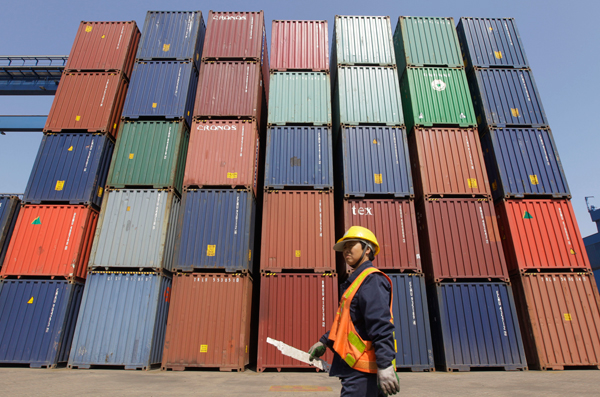Yuan for the international road
Another sign that China is moving to make the renminbi a global reserve currency is that, traditionally, CNH - the offshore version of the renminbi - has traded at a different foreign exchange rate to the CNY because of heavy regulation on the Chinese mainland. But that regulation has now eased and the rates have converged. The turning point of this convergence came when the PBOC widened the intra-day trading band on the onshore CNY exchange rate in April 2012.
China's leaders and the PBOC governor issued statements at the time on allowing the CNY to be traded more freely - a subtle message for a switch from a strong foreign exchange policy to a neutral or even slightly weaker one.
But meeting the government's apparent deadline for the renminbi's internationalization is not going to be easy. The CNY currently ranks 14th as a payment currency globally, with its market share way behind the US dollar and the euro.
The biggest barrier is that CNY is not yet fully convertible, though it is just two steps short of achieving that and three steps away from becoming an international currency.
Those steps involve the authorities to:
first, allow all capital account items to be settled freely in CNY both ways - in and out of China;
second, lift all quotas and streamline the application and approval processes; and
third, increase the use of CNY for international trade and investments.
This is a simplification, of course, because the last step in particular is huge and covers many areas, and the definition of an international currency goes far beyond this description.
Logically, it would be reasonable to expect China to make the CNY fully convertible before embarking on the ultimate goal of internationalizing it. But China appears to have put "the horse before the cart" by creating an offshore market to promote the currency's use in international trade and investment first. As a result, this offshore trade has taken the lead over the onshore market. Again, the authorities clearly have a timeframe in mind.
China's new leadership faces a number of problems. The country's economy is slowing down and, although we would expect the rate of GDP growth to pick up a little, it is unlikely to be a steep rebound. But promoting the renminbi as a global reserve currency, and all the economic benefits it will bring apart from exerting more political influence on the global stage, clearly remains high on their agenda.
The author is CEO, markets & international banking, and chairman, RBS Group, APAC.























